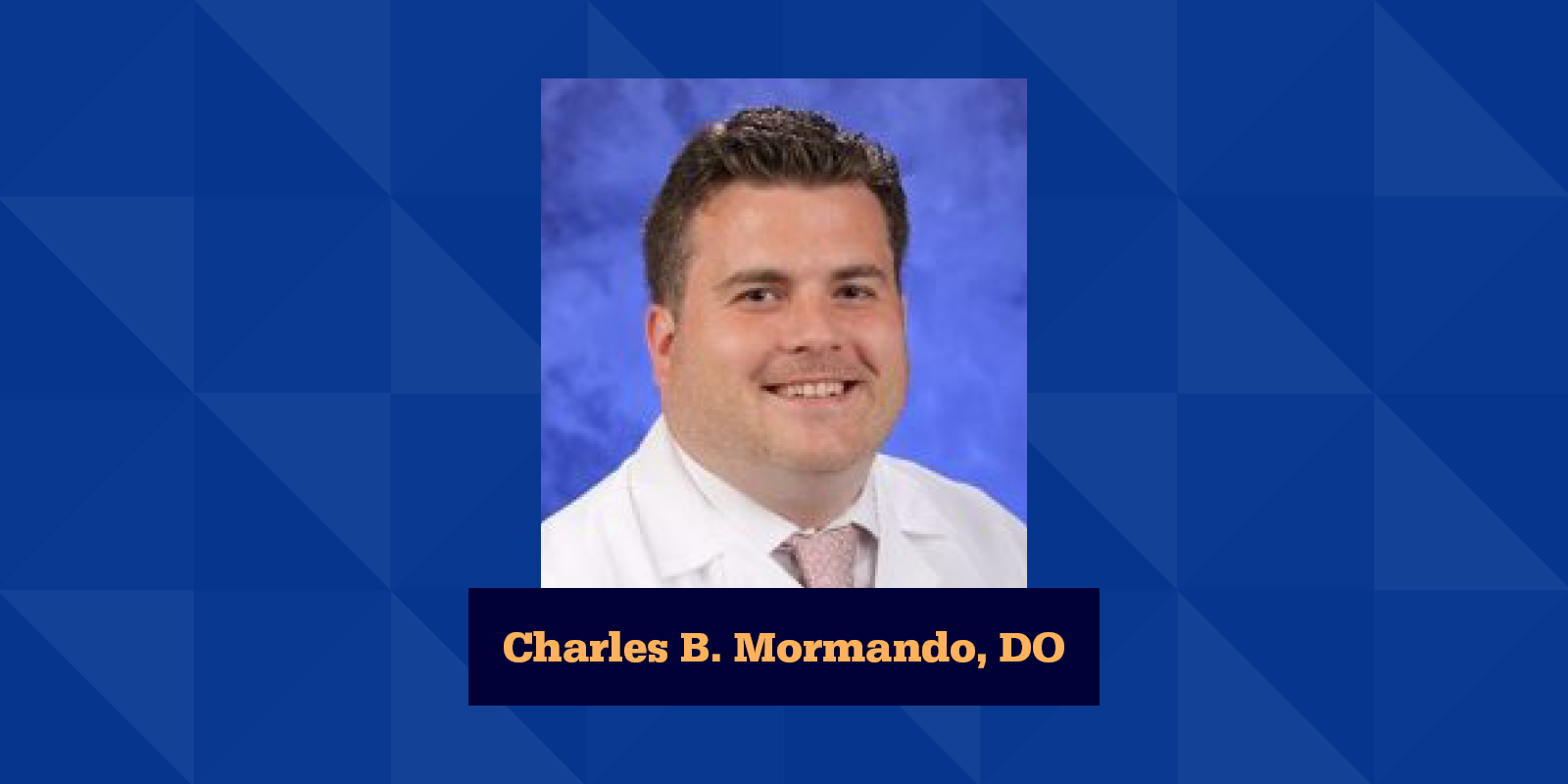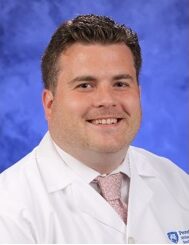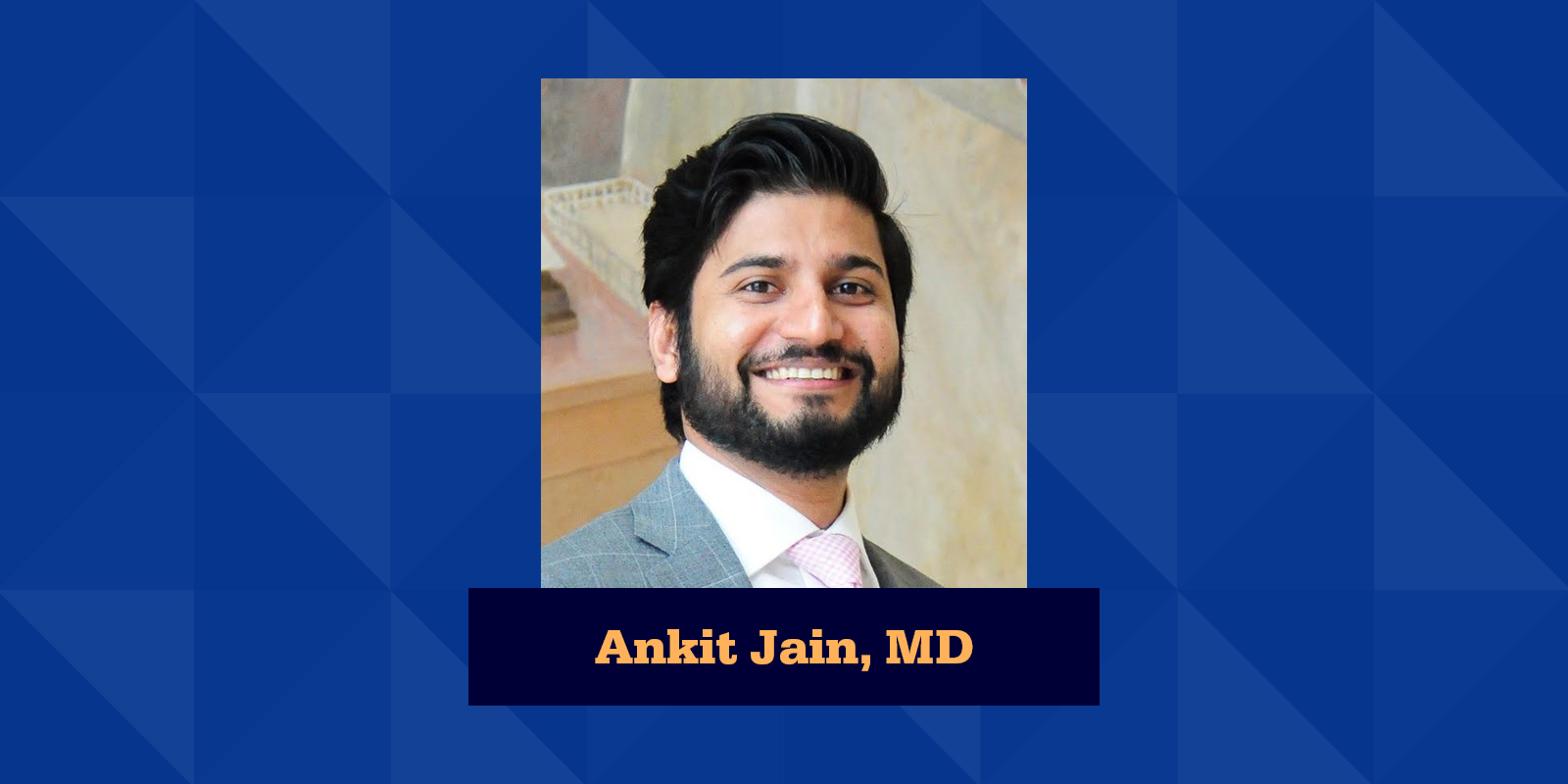This year for Women’s History Month, we want to highlight women who have impacted the daily lives of Pennsylvanians and improved our world.
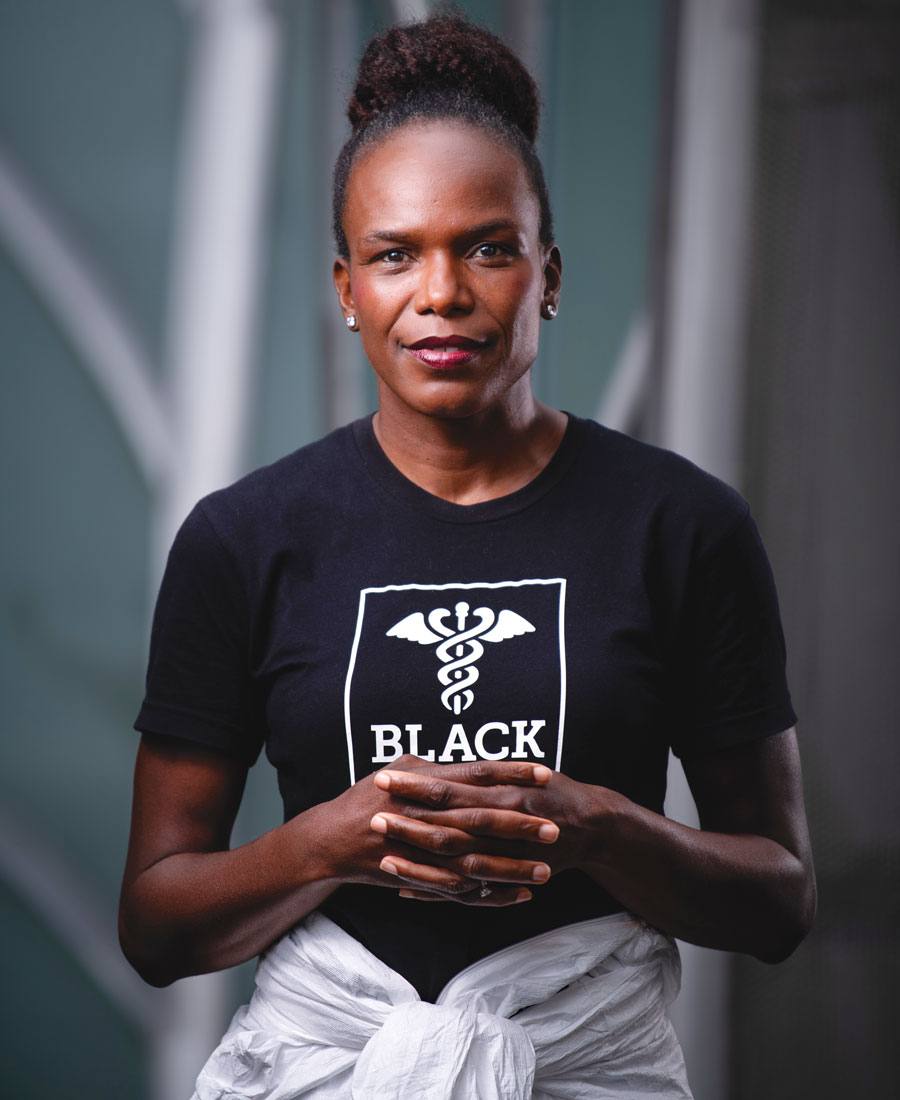
Dr. Ala Stanford is a distinguished pediatric surgeon who has dedicated her life to advocating for health equity and social justice. As the founder of the Black Doctors COVID-19 Consortium, she has played a critical role in providing free testing and medical care to underserved communities in Philadelphia during the COVID-19 pandemic. In recognition of Women’s History Month, we celebrate her tireless efforts to promote health equity and mental health awareness in the healthcare industry.
Dr. Stanford’s career began with a degree from Pennsylvania State University, graduating from the Penn State University College of Medicine with a residency at SUNY Downstate Medical Center and the University of Pittsburgh Medical Center. As the first Black female pediatric surgeon trained entirely in the United States, she has been a trailblazer for women and people of color in the medical field. Throughout her career, she has been a passionate advocate for healthcare reform, mental health awareness and health equity.
In response to the COVID-19 pandemic, Dr. Stanford founded the Black Doctors COVID-19 Consortium, which has been providing critical medical care and resources to Black communities in Philadelphia. The Consortium set up testing sites throughout the city and worked tirelessly through the pandemic to ensure that those who have been disproportionately impacted by COVID-19 had access to the care they needed to stay healthy and safe.
“Our mantra is access, empathy and action for the people we serve – the folks of Philadelphia.”
– Dr. Ala Stanford, Alumni Spotlight, Penn State Science Journal, Winter 2021
In addition to her work with the Consortium and mental health advocacy, Dr. Stanford has also been a vocal advocate for health equity and social justice. Her tireless efforts to promote health equity and social justice have earned her national recognition, including being named one of USA Today’s Women of the Year.
In April 2022, in recognition of her expertise and knowledge, President Biden appointed Dr. Stanford to a key role within the Department of Health and Human Services (HHS). She will be acting as the HHS Regional Director in Region 3, serving Delaware, the District of Columbia, Maryland, Pennsylvania, Virginia and West Virginia. Dr. Stanford and the other Regional Directors will be critical to the President’s efforts to rebuild communities most impacted by the pandemic, the economic recovery and climate change.
As we celebrate Women’s History Month, we are inspired by Dr. Ala Stanford and her dedication to improving the lives of others. Her work with the Black Doctors COVID-19 Consortium and her advocacy for mental health awareness is a testament to the importance of access to care and resources for all individuals, particularly those in underserved communities. We salute her efforts to promote health equity and mental health awareness in the healthcare industry, and we are proud to recognize her as a true leader and role model for women everywhere.
Follow Dr. Stanford on Twitter to learn more about her ongoing work to improve the lives of people across Pennsylvania.
Women’s History Month
Women’s History Month was established in 1981 as a national celebration, with Congress passing Pub. L. 97-28 authorizing the President to designate the week beginning March 7, 1982 as “Women’s History Week.” Congress continued to pass joint resolutions over the next five years, designating a week in March as “Women’s History Week.” In 1987, Congress passed Pub. L. 100-9 after being petitioned by the National Women’s History Project, officially designating March 1987 as “Women’s History Month.” From 1988 to 1994, Congress passed additional resolutions requesting and authorizing the President to declare March of each year as Women’s History Month. Since 1995, each year, Presidents have issued proclamations recognizing and celebrating the contributions women have made to the United States and highlighting the specific achievements women have made in various fields throughout American history.
Learn more at WomensHistoryMonth.gov.

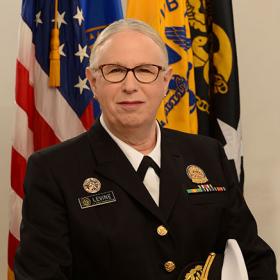


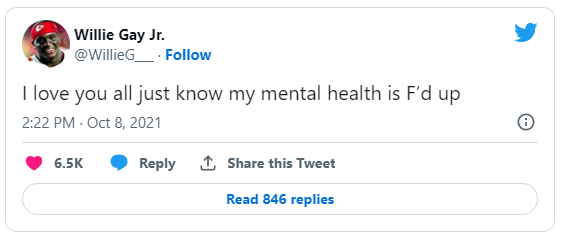
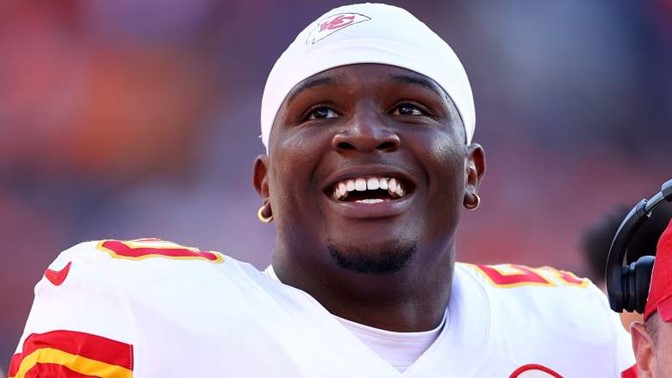


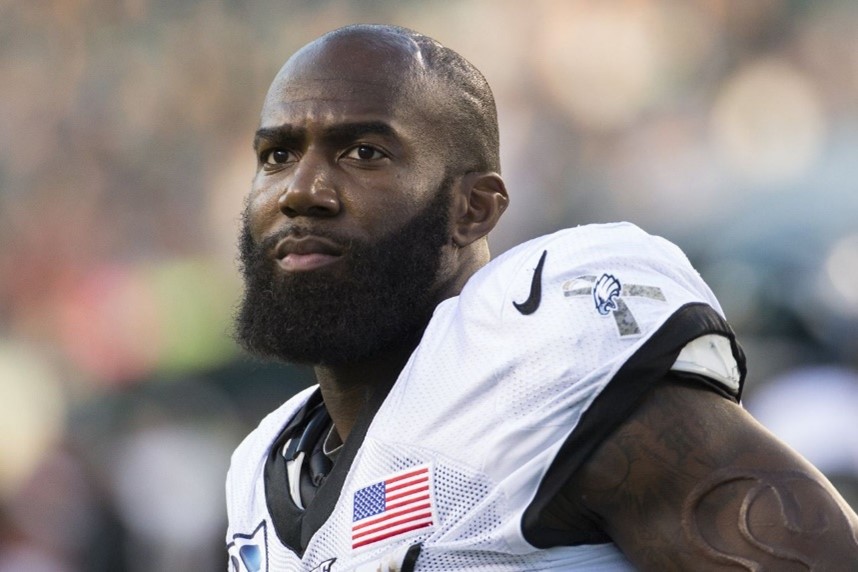


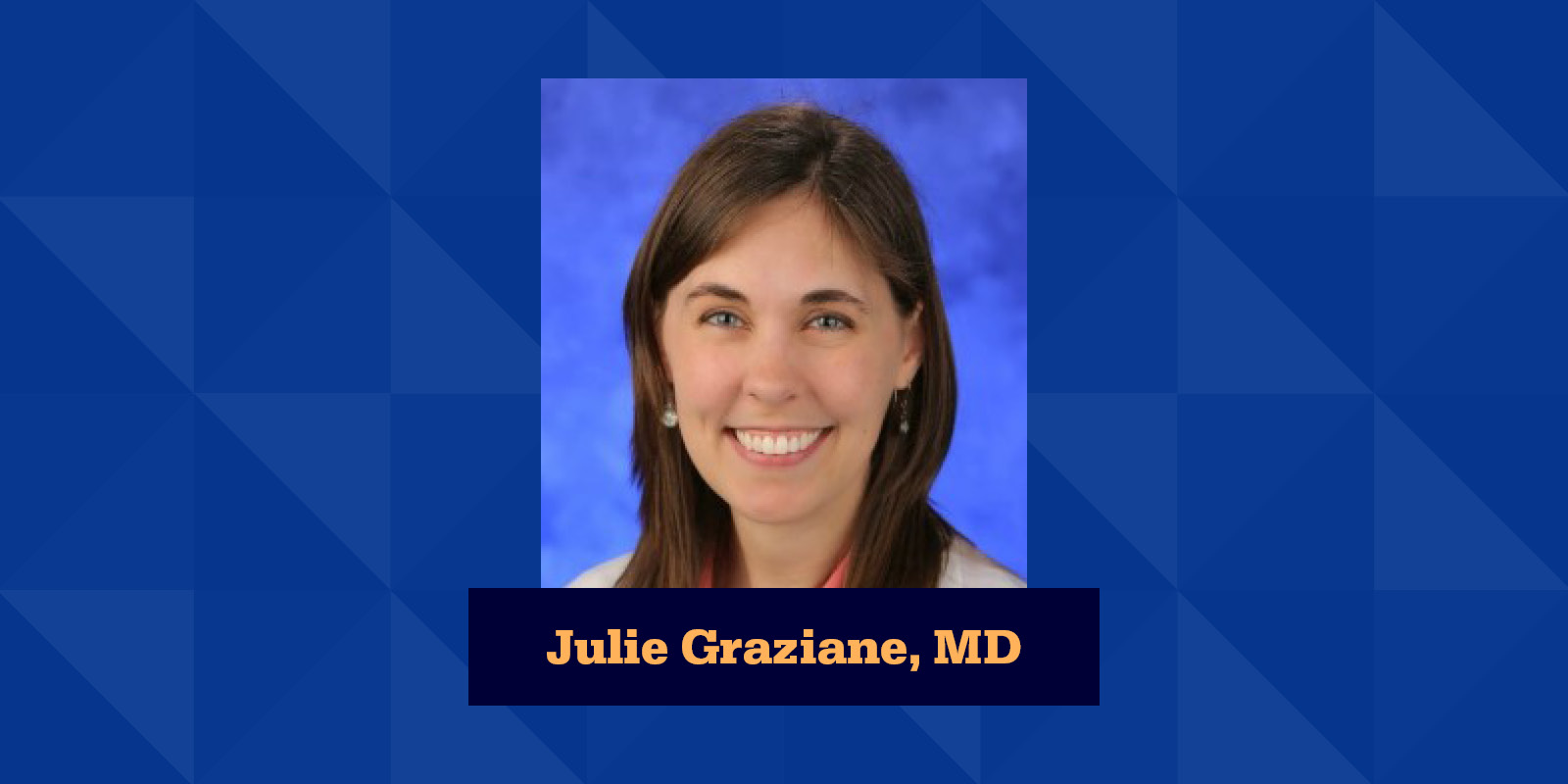


 The holidays can be a time for merriment and joyous occasions, but for some it can bring stress, sadness and even depression. Pennsylvania Psychiatric Institute’s (PPI) Licensed Counselor and Unit Therapist, Nikki Fogle, educates us on the “Holiday Blues” and provides advice on how to work through it.
The holidays can be a time for merriment and joyous occasions, but for some it can bring stress, sadness and even depression. Pennsylvania Psychiatric Institute’s (PPI) Licensed Counselor and Unit Therapist, Nikki Fogle, educates us on the “Holiday Blues” and provides advice on how to work through it.